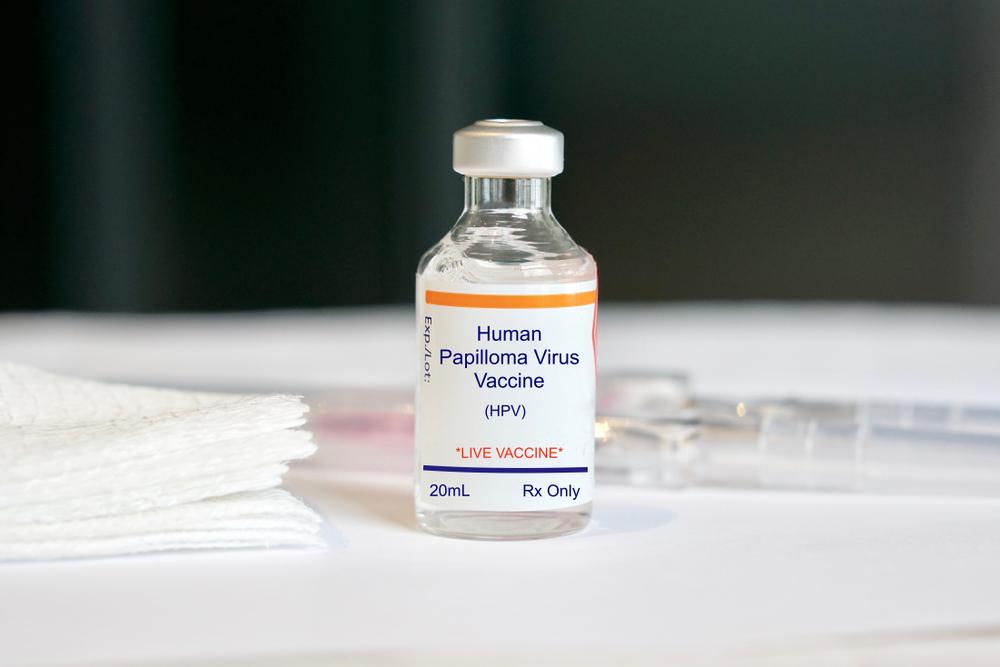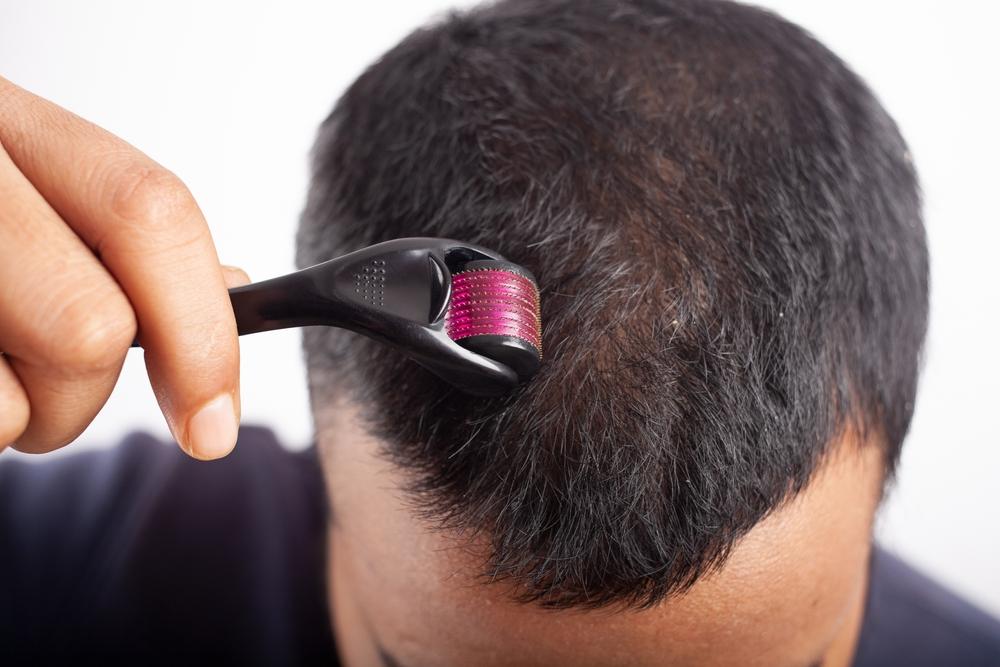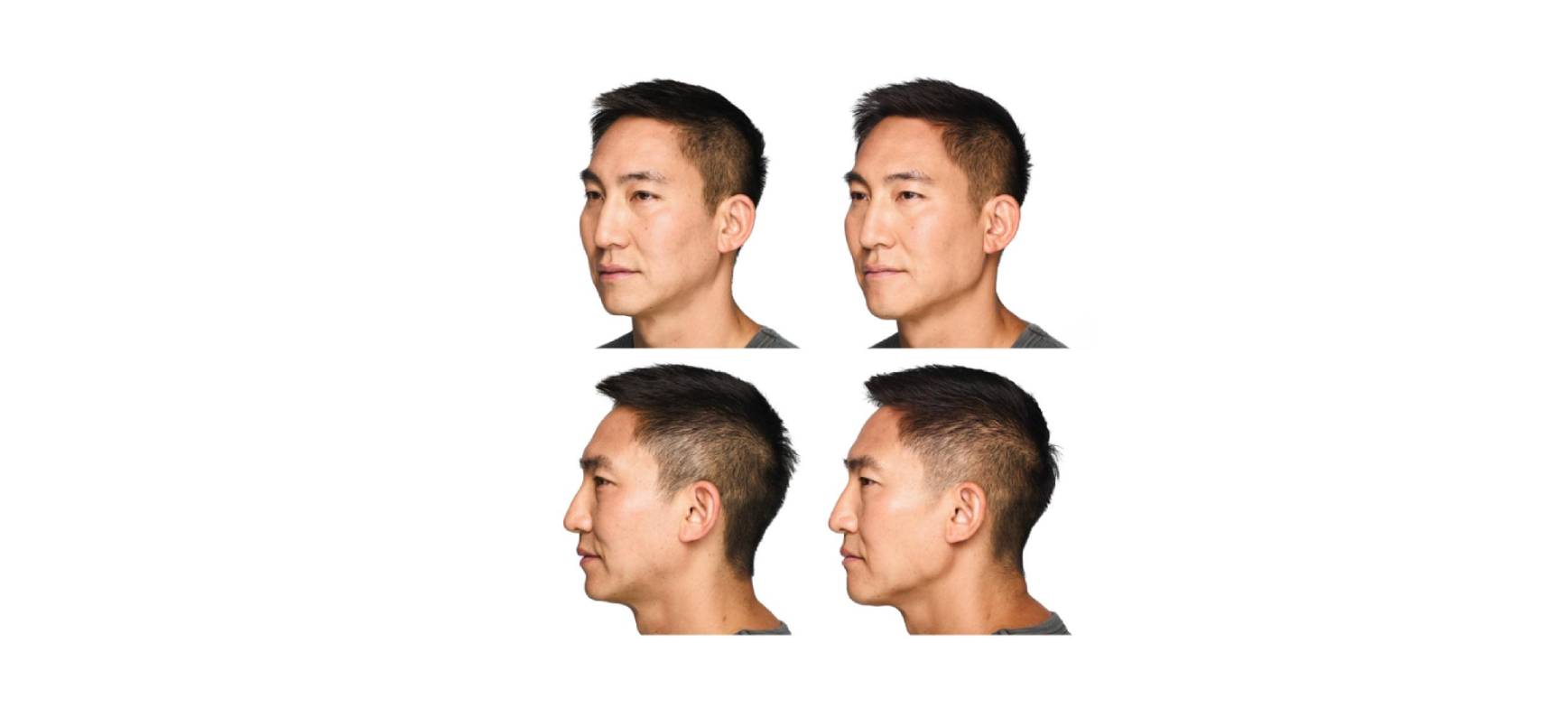Living with a skin condition is more than just about appearances. Anyone who has ever dealt with psoriasis, eczema, or other dermatological conditions knows the physical, emotional, and psychological impact they can have. And yet, a recent study highlights an intriguing disconnect between how dermatology patients perceive the severity of their condition and how their physicians see it. Discover Perception Gap!
The Perception Disconnect
A recent study revealed that nearly half of the doctors and their patients disagreed about the severity of dermatological diseases. This gap isn’t just about differing opinions; it’s indicative of the broader challenges in patient-doctor communication.
Why This Discrepancy Matters
From the Doctor’s Lens:
Doctors often lean on clinical and visual indicators to judge the severity of a skin condition. Their vast experience, which involves seeing multiple cases daily, can sometimes lead to a level of desensitization. A condition that looks mild visually might get classified as such.
From the Patient’s Viewpoint:
However, for someone living with the condition, it’s not only about how it looks. It’s about how it feels, how it affects daily activities, social interactions, and emotional well-being.
Unraveling the Disconnect
Several reasons underpin this perceptual difference:
- Emotional Well-being: Patients with lower resilience and emotional stability often perceive their condition as more severe.
- Self-Belief: Patients who feel less equipped to manage their condition see it as more debilitating.
- Duration Worries: Those who believe their condition will last longer feel its severity more acutely.
- Societal Influence: Social media and society at large can skew a patient’s perception, especially if they engage in negative comparisons. Bridging the Understanding Gap
Understanding the disconnect is the first step. The real task is finding ways to bridge this understanding gap:
- Doctors need to equip patients with tools to manage stress, boost resilience, and adopt a balanced outlook.
- Doctors can help patients craft action plans and teach them healthy coping strategies.
- Instead of letting patients feel isolated or overwhelmed by societal standards, medical professionals can use platforms to offer balanced perspectives and support. Prioritizing Empathy in Care
At Sullivan Dermatology we see beyond clinical symptoms. We understand the patient’s daily struggles, and tailoring interventions based on their unique experiences can make a world of difference.
Remember, both patients and doctors play a role in this perception gap. Hence, a collective effort is required to make healthcare more compassionate and patient-centric.
In Conclusion
Dealing with a skin condition isn’t just about the skin; it’s about the person beneath it. The entire experience, encompassing physical symptoms, emotional tolls, and psychological impacts, should be at the forefront of discussions. By bridging the understanding gap, we can pave the way for a healthcare system where patients and doctors collaboratively strive for the best health outcomes. So, next time you’re with your dermatologist, express your full experience. It can change the way you’re cared for.
The journey to a more confident you starts with one decision. That is the decision to get treated, why wait? If you’re on the fence or have questions brewing, remember: We at Sullivan Dermatology are always here to help.
If you have any concerns, don’t hesitate to reach out to us at Sullivan Dermatology – we’re here to make you your best!






